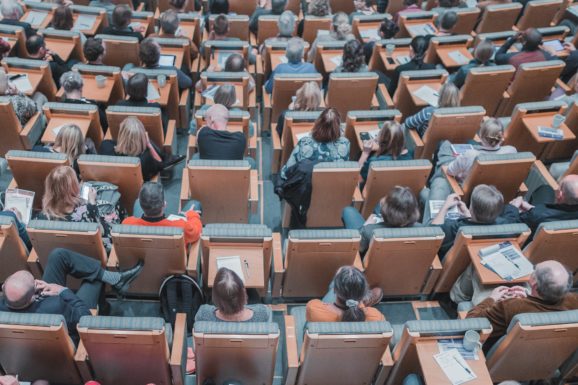“If you know stuff and can demonstrate that you know stuff and have been upskilling yourself with online training to do the task that we need, you’re hired.” – Ravi Kumar
New York Times opinion columnist, Thomas L. Friedman warns us about an era of “Schumpeterian creative destruction” to follow after the pandemic in his opinion piece After the Pandemic, a Revolution in Education and Work Awaits.
According to Friedman, the Schumpeterian creative destruction era will bring humans to chase after AI to remain relevant, employable and consequently, turn us into lifelong learners.
Relevant: The rapid growth in digitization and globalization is changing the nature of work and the workplace. Some jobs machines will do, others will be able to be done by anyone from anywhere, and a few will still require offices.
Employable: We are warned about our children, possibly even ourselves, being expected (and hopefully prepared) to change jobs and professions repeatedly throughout our lifetime. Therefore, to remain employable, we are to continuously keep learning.
So, why is it expected to be destructive?
Apparently, lines between employers, employees, teachers and governments will be blurred, and this may lead to certain institutions to disappear (bye Universities?). As more people with access to computers & credit (which translate into cheap access to innovation tools), more new products and services to solve for society’s largest health, social, environmental and the economic issues will be created rapidly. Seems like a positive disruption.
The majority of Friedman’s insights come from conversations with Ravi Kumar, president of Infosys. Kumar suggests that the modularization, and digitalization of work will create opportunities for more people to compete for jobs regardless of university degrees.
In this context, the concept of “re-skilling” or lifelong learning, makes sense. Lifelong learning- from kindergarten to higher education-in the context of the Sustainable Development Goals and other global challenges including the pandemic positions us too in a time perfect for innovation.
Educators and corporations must both agree that complex adaptive coalitions will become the standard business model, almost like “interchangeable parts” did for the industrial revolution in the 19th century. Curriculums are likely to narrow and focus on employability and vocational skills.
Ultimately, the idea of lifelong learning, offers opportunities to build a future that is fair, safe, inclusive and sustainable where, regardless of what new crises are to come, we will be skilled to reinvent ourselves and our value as needed.
Read the full article here.
PS, if you want to look forward to an actual $$$ pension, beyond lifelong learning, get familiar with your employer’s 401k or look into a Roth IRA and start saving today.
